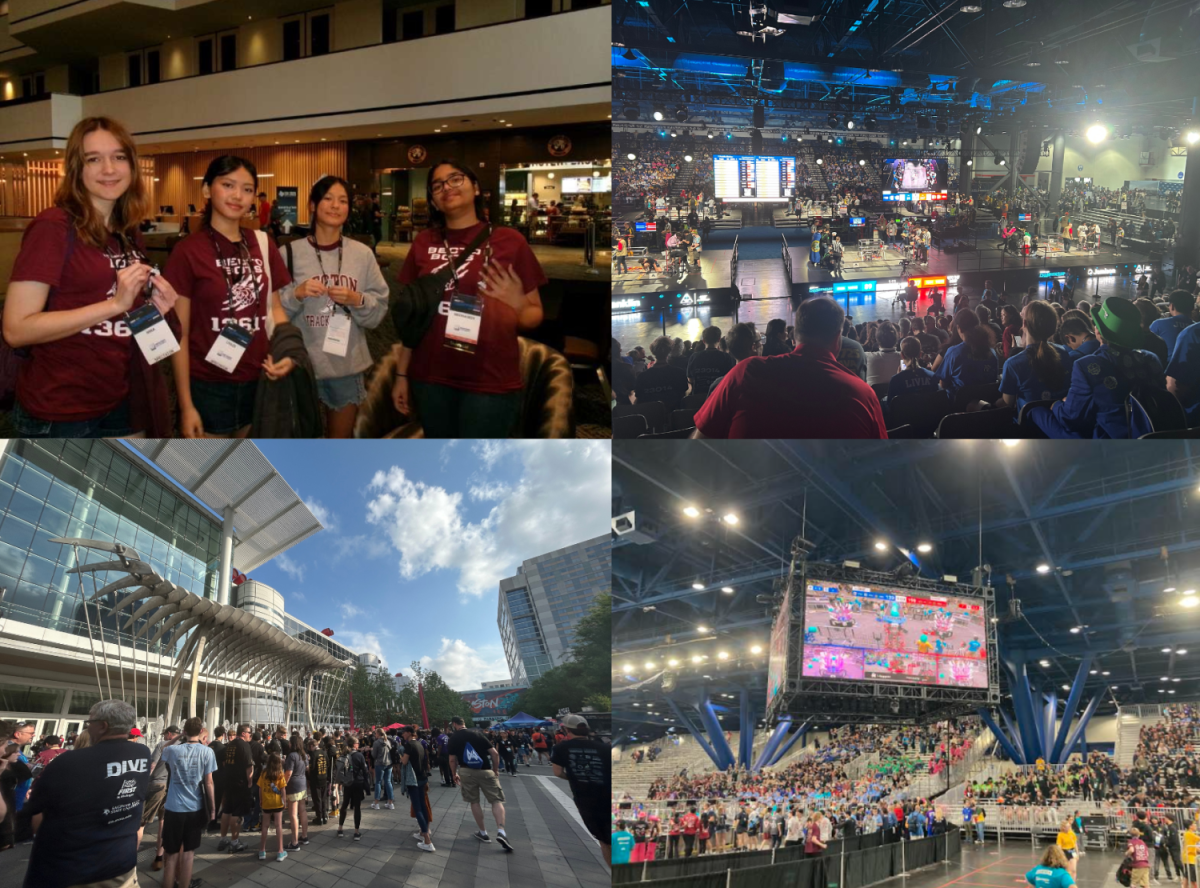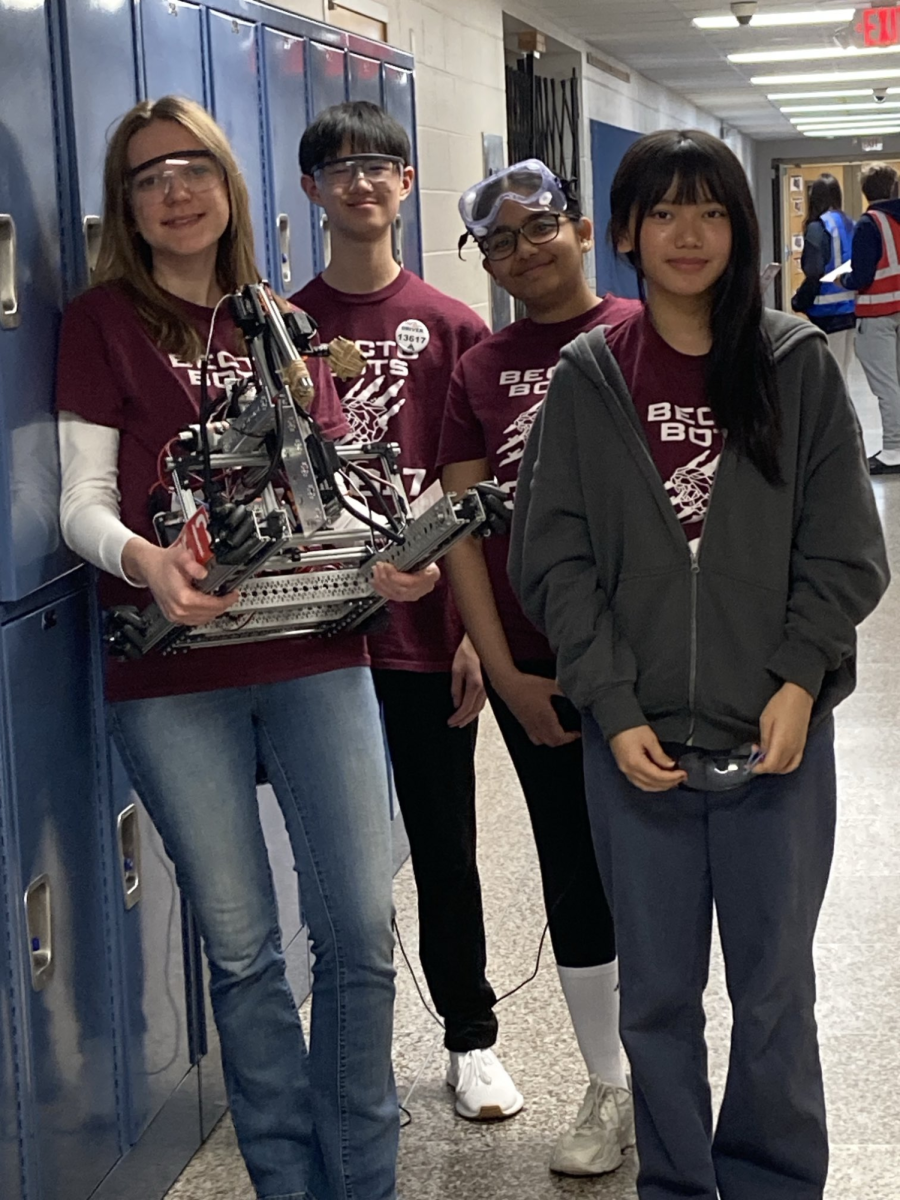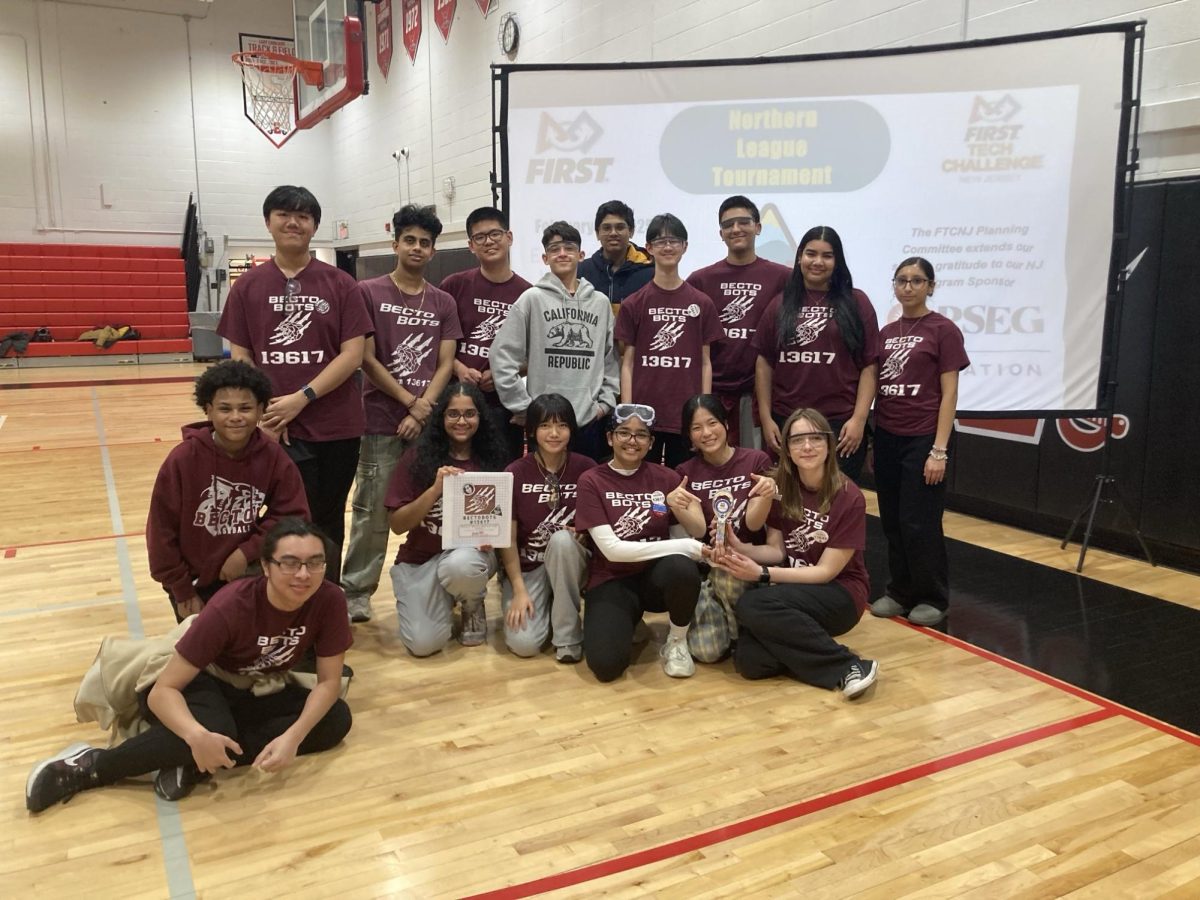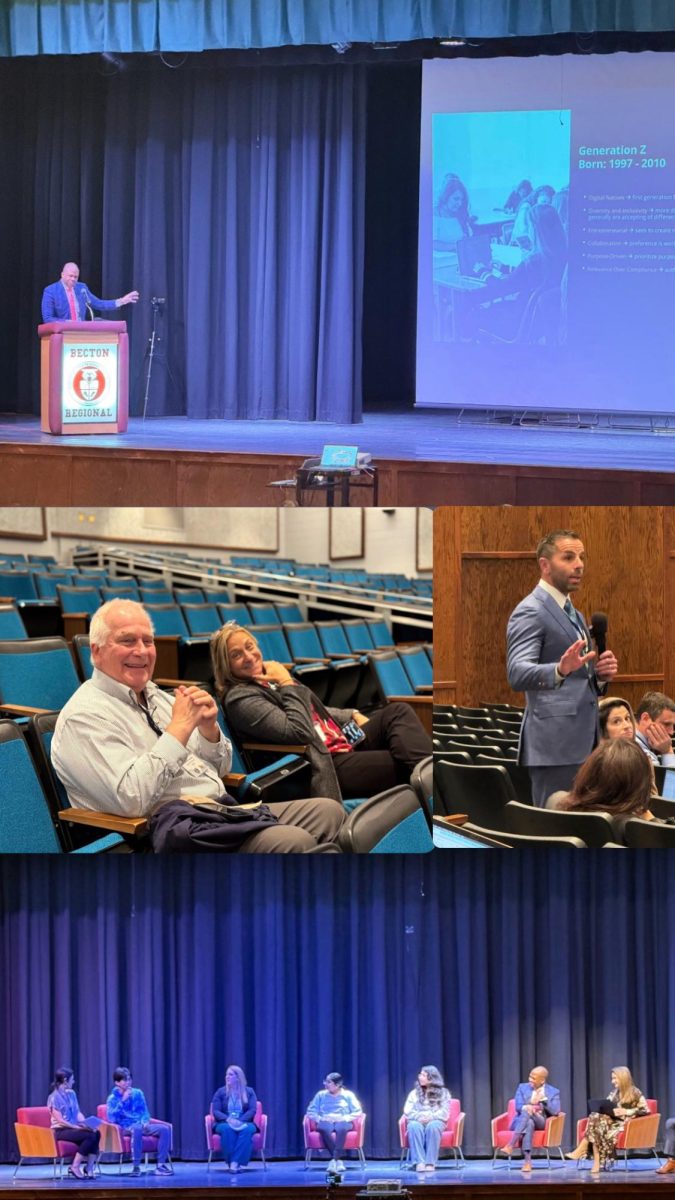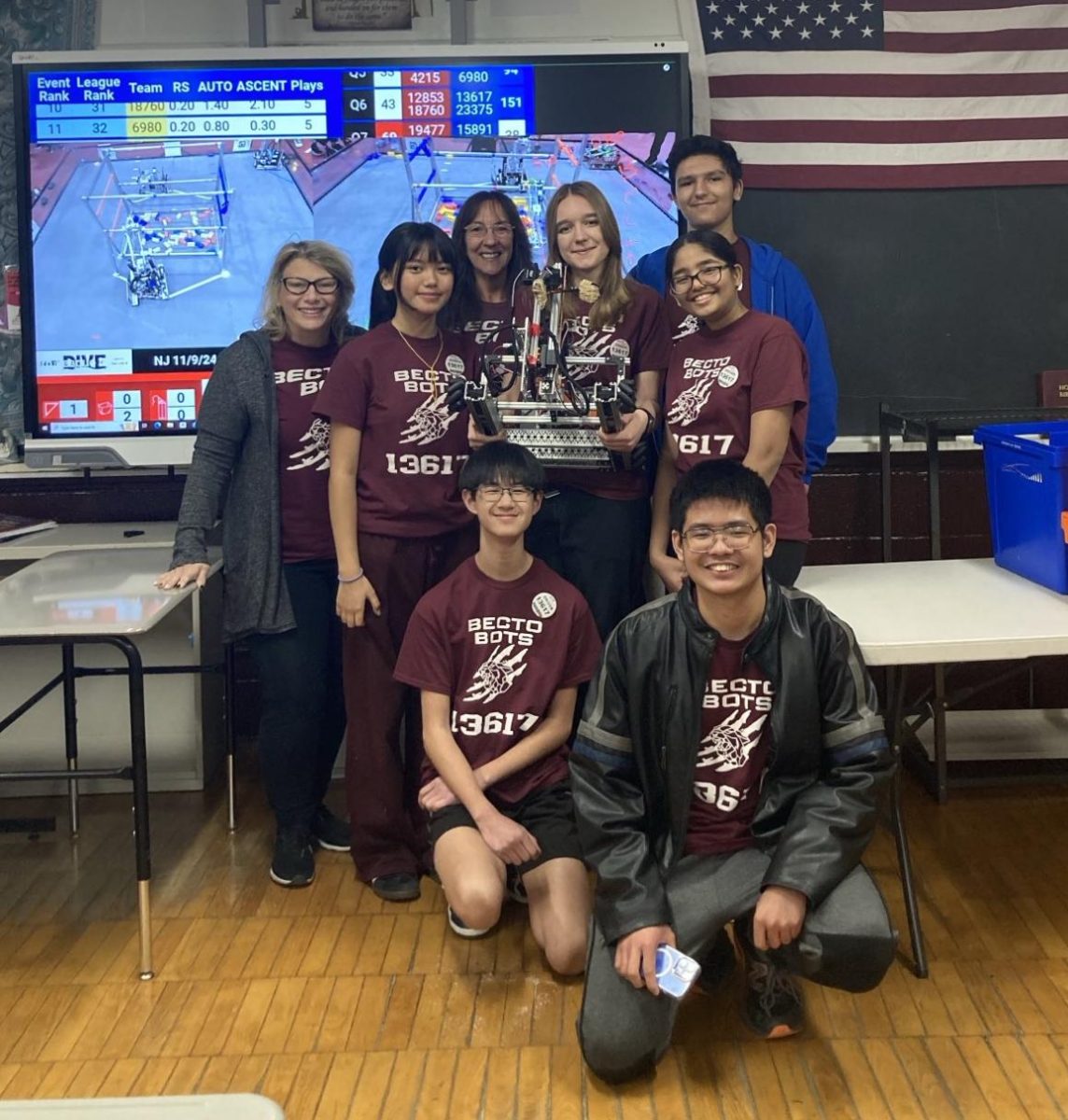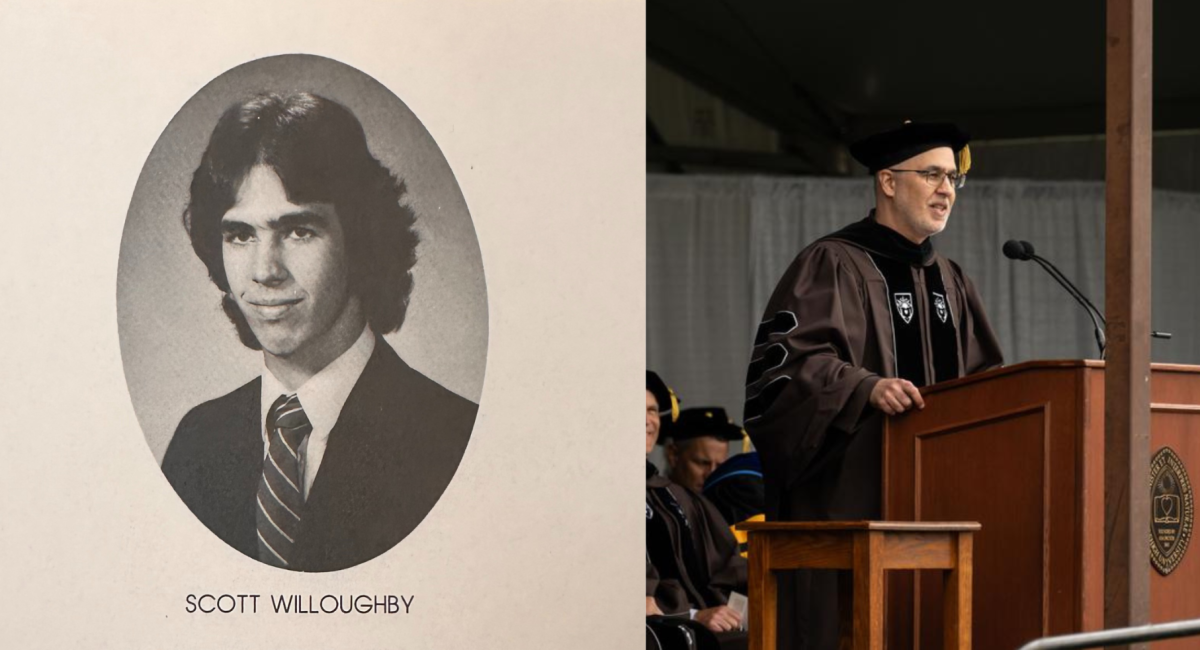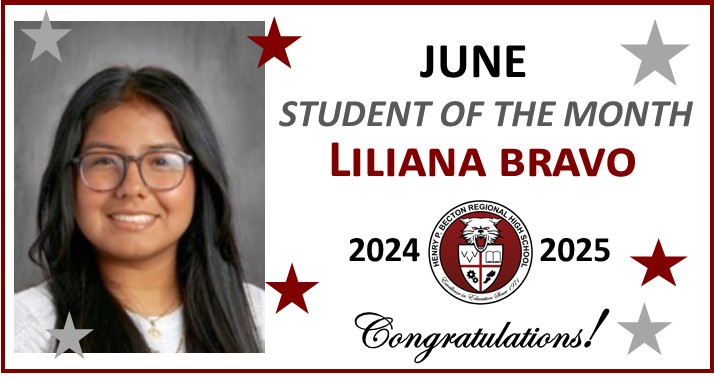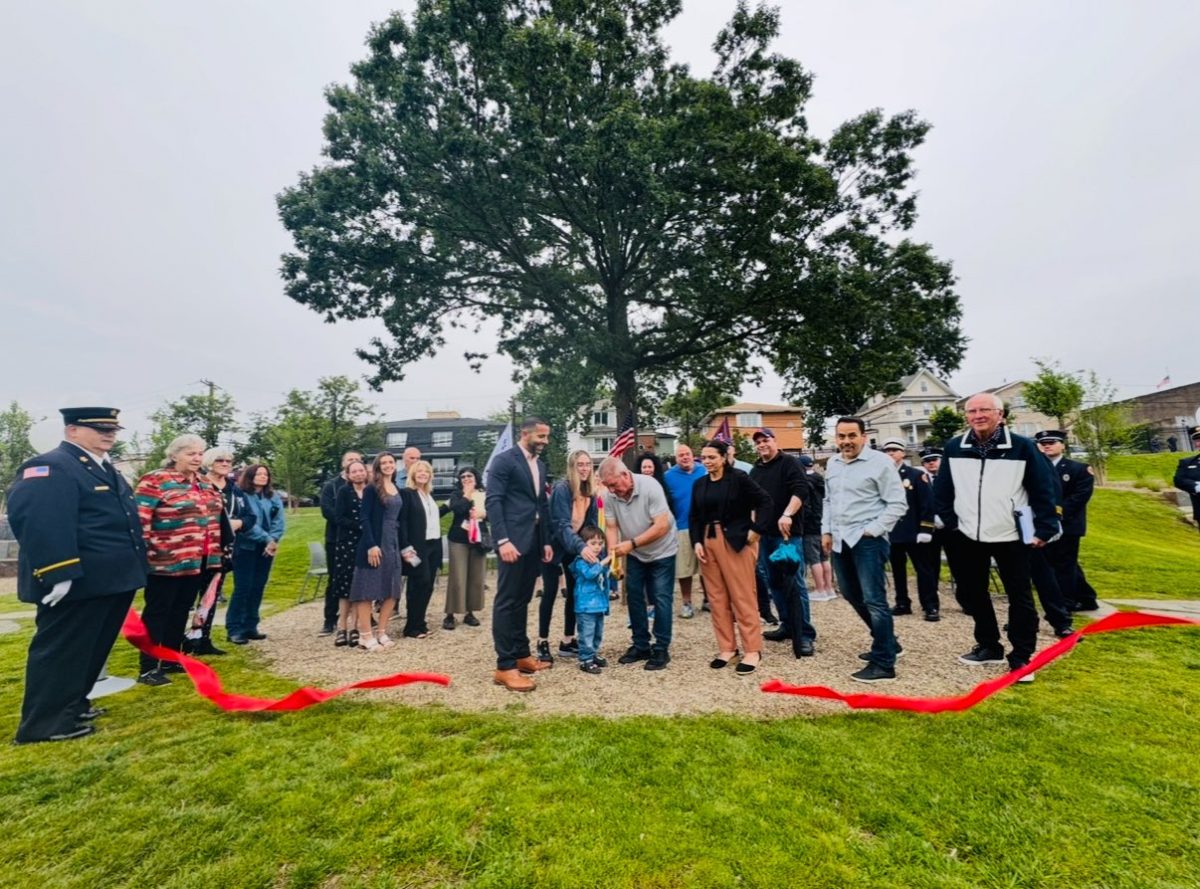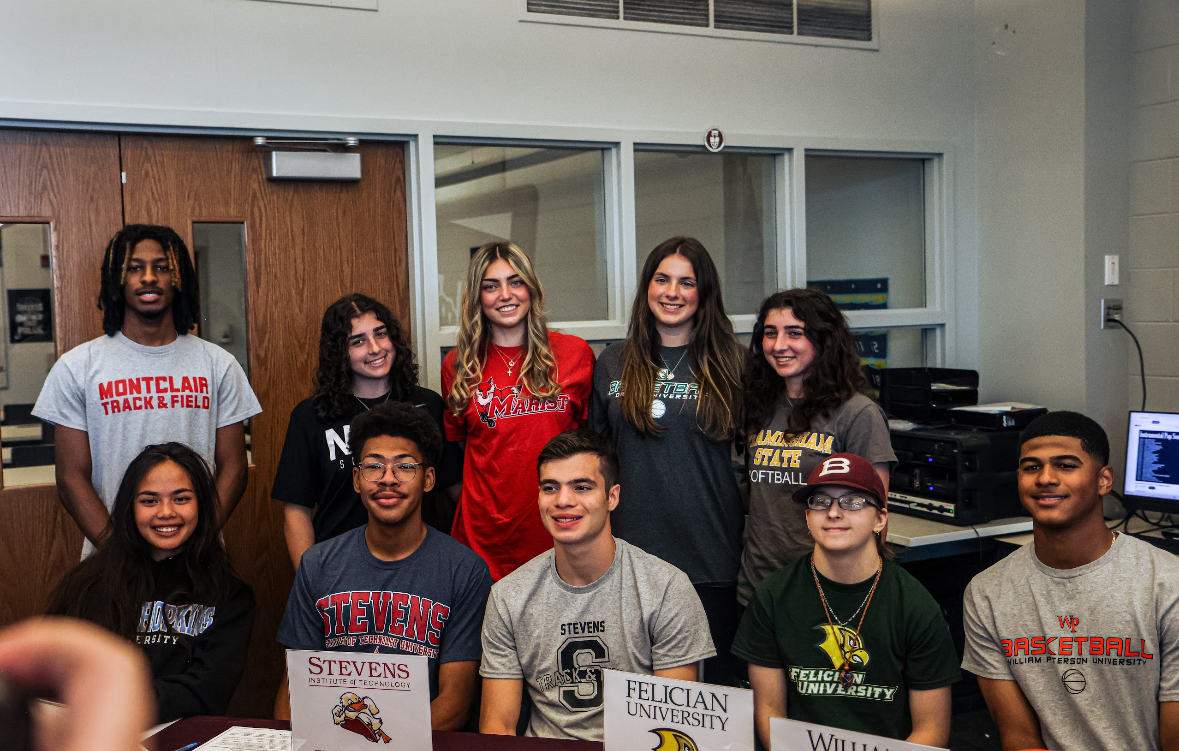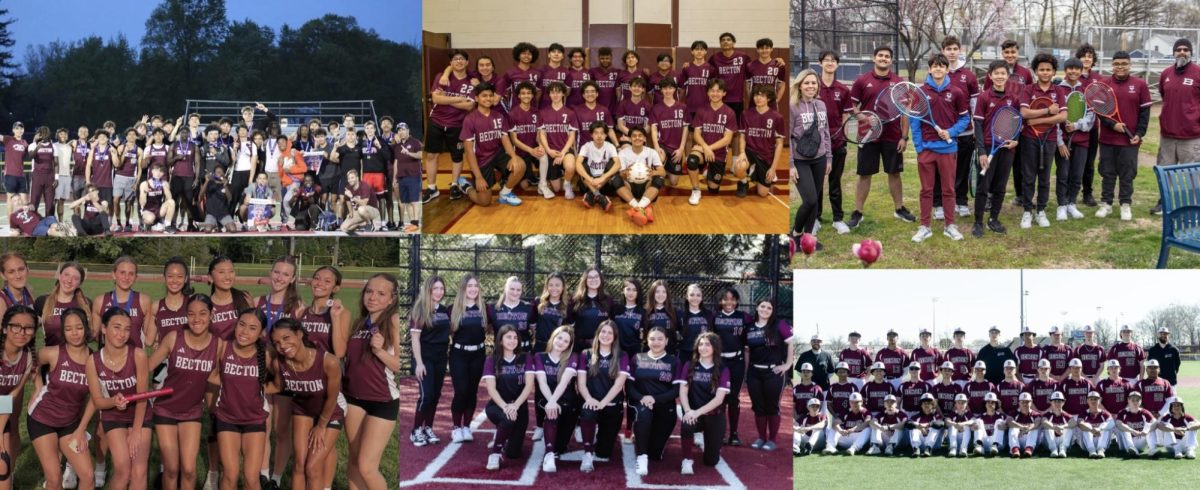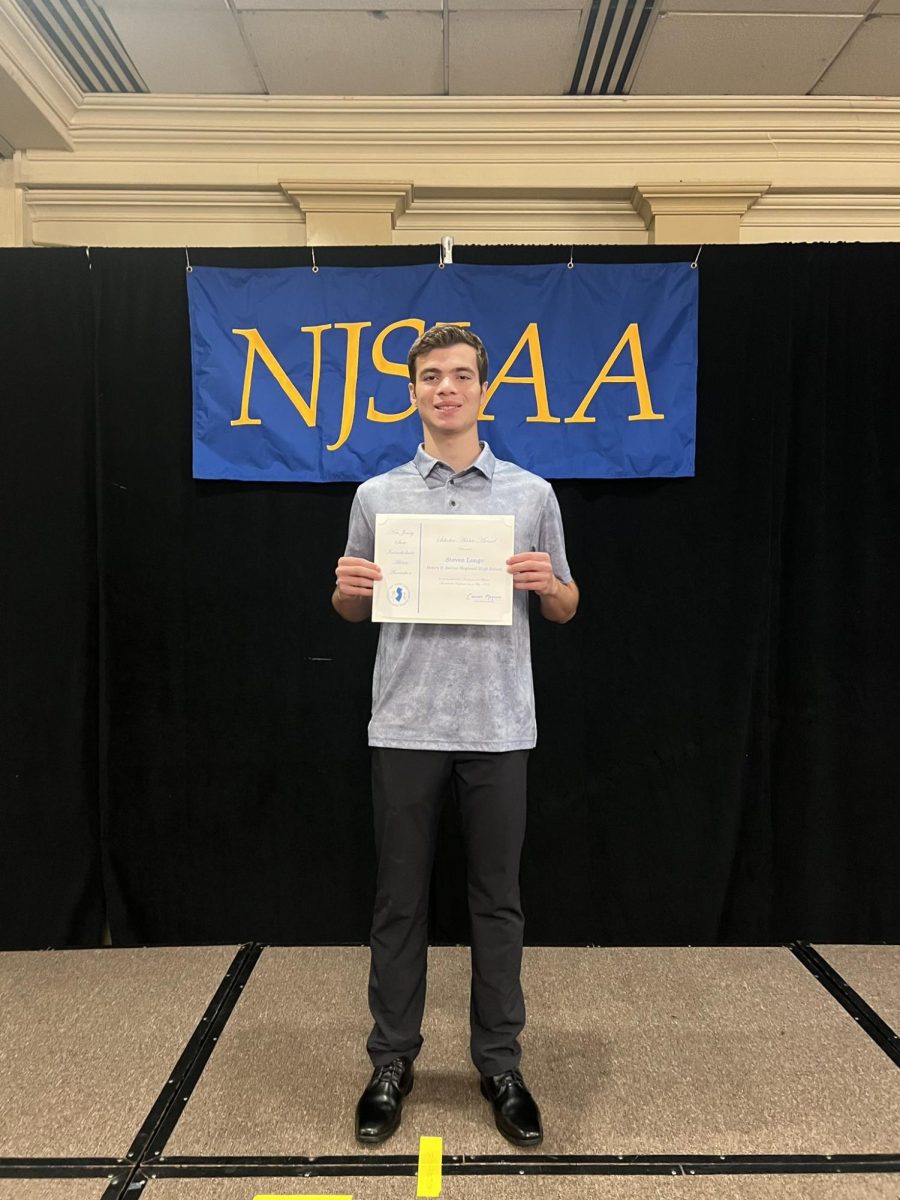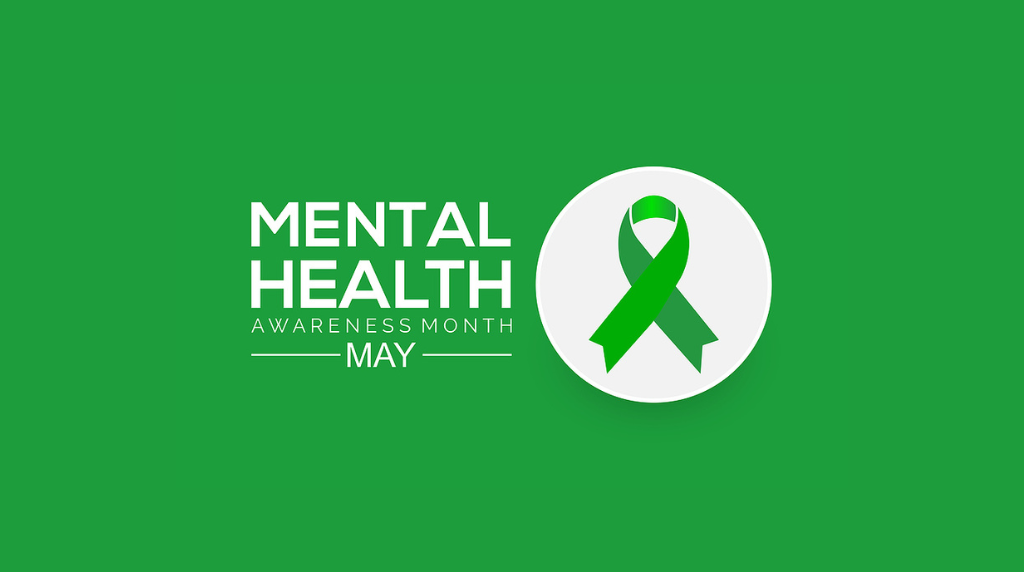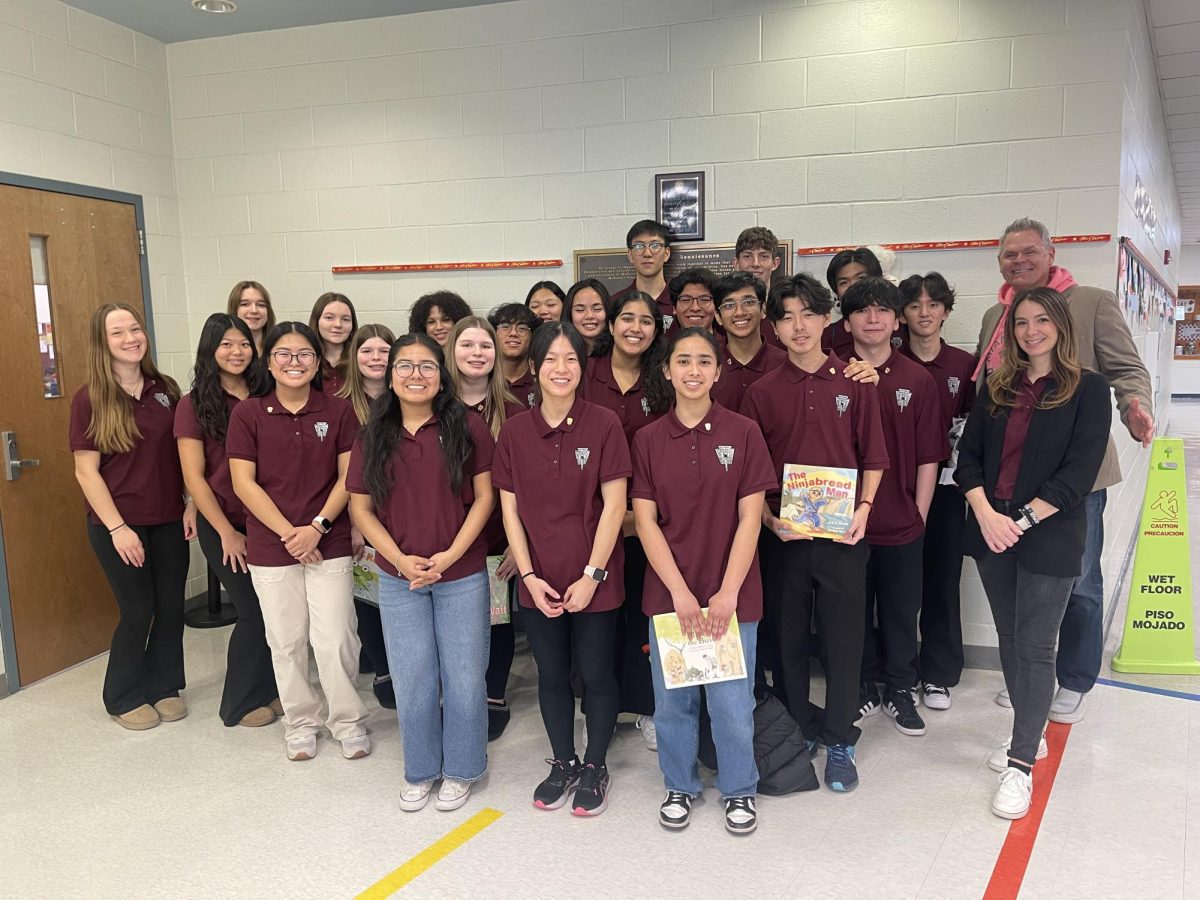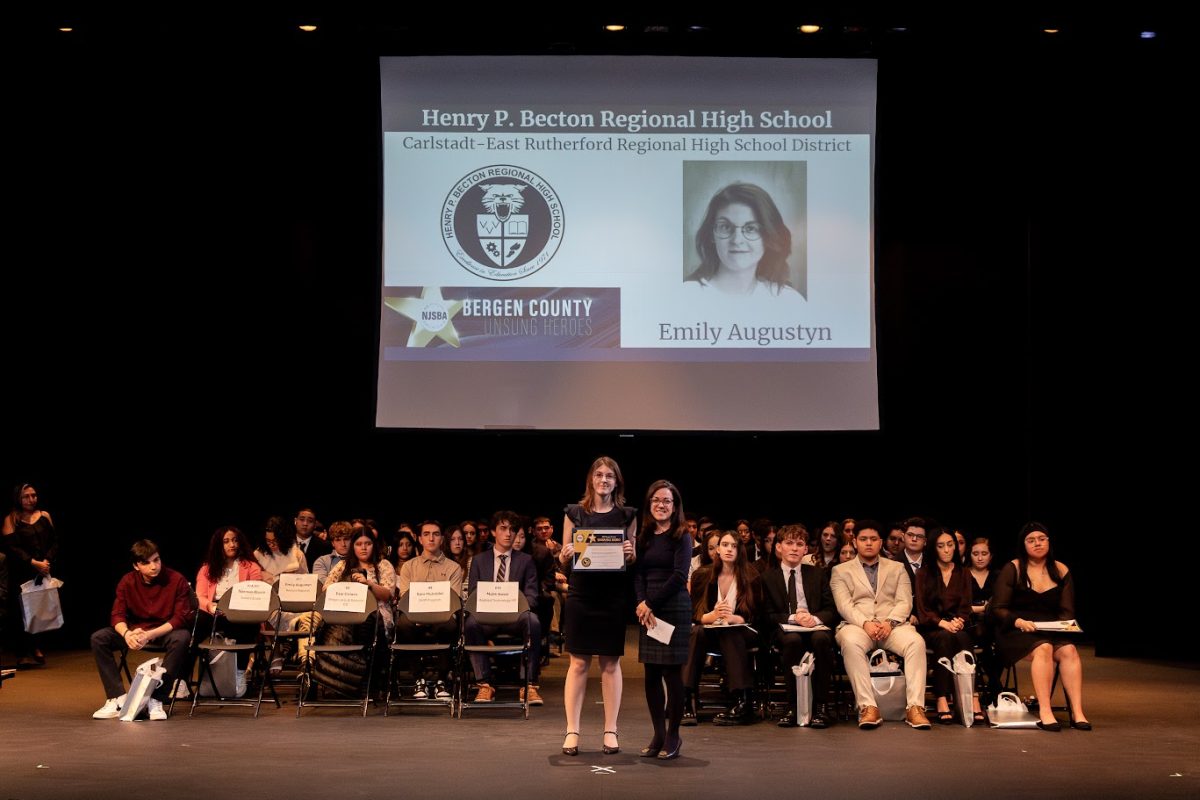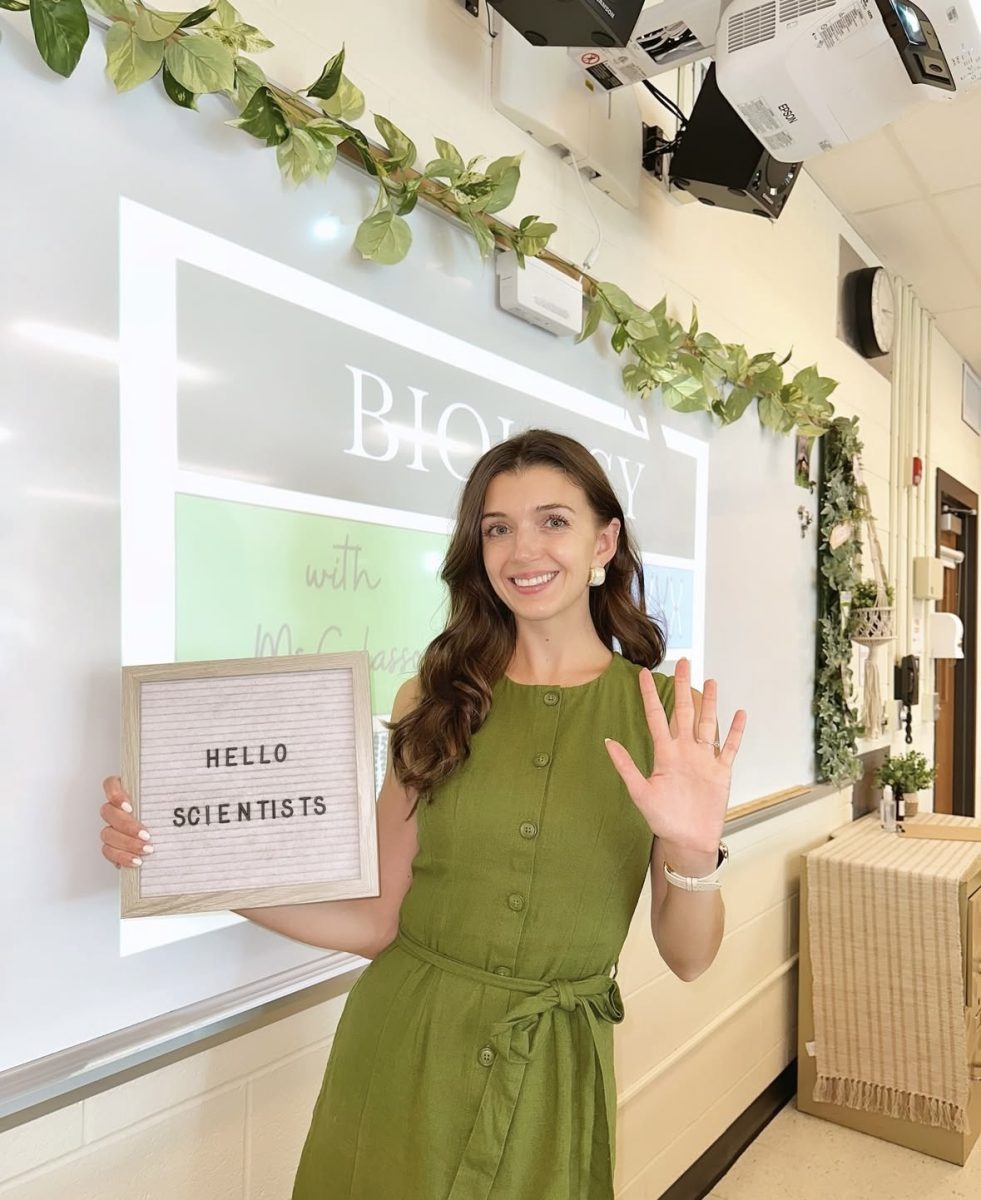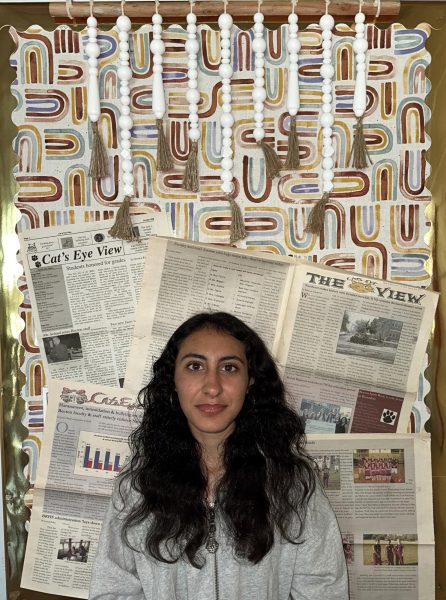Artificial intelligence was first introduced in the years 1950-1954 by Alan Turing, and he created what is known to be called, “Computer Machinery and Intelligence.” During that time, the creation had become the “Turing Test.” Now, AI (artificial intelligence) can be a digital assistant. Some recognizable AI that we use daily are Alexa, Google, or Siri.
Mr. Robert DiDomenico, Becton’s District Supervisor of Curriculum, Instruction, and Grants, and Department Supervisor of Science, Math, Art and Business, shares his thoughts after he organized a recent Professional Development for staff on AI, “I recognized early on that this was going to be a significant societal event,” he shares, “I do not teach anymore, but I am very involved in helping teachers create and develop resources to use in the classroom. AI will change every class, every teacher, and every student, whether they want it to or not.”
Mr. DiDomenico continues, “Students need to be trained on how to use AI. Right now, I think it is hurting students because they are misusing it. Most will treat it like a Google search and accept the first output that they get as ‘the answer.’ At some point, every student and teacher should be trained on prompt engineering and on ways to get usable information from AI.”
Students at Becton state that there are various ways that AI can be helpful to students and teachers. Junior Marisa Sclafani states, “AI can be helpful to help aid lesson plans and help students understand lessons.” Expanding this point, another Junior, Melanie Zea, states that AI can be used for grammar checking. Sophomore Braden Rhode notes that AI is helpful with, “Grading papers for teachers and helping find answers to confusing or complicated questions for students.”
“In my opinion, artificial intelligence is the next frontier towards learning and societal development,” our Technology Supervisor, Mr. Richard Gbaguidi, comments. He continues, “Artificial intelligence is evolving very quickly and presents many potential benefits and risks. It is therefore important to use it responsibly and ethically, while being aware of its potential impact on society and individuals.”
Although AI is helping students and teachers, there are also ways that AI is hurting them academically or in general. For example, Zea quotes, “Students may become too reliant on technology, this dependence could result in the lack of development of critical thinking and problem solving skills.” Thus, one of the more pressing disadvantages is that AI makes humans lazy and unproductive. Humans tend to rely on artificial intelligence to get the job done and use their brain less and less.
Mr. DiDomenico expresses a similar perspective, “It stifles creativity and personal development. The best learning happens when there is a little struggle; when you understand some but not all of what you are learning. Students are using AI to avoid that struggle and it will eventually hold them back. Whatever anyone’s opinion of it is, everyone needs to realize that it is here to stay. For better or worse, it will be a part of virtually all aspects of society going forward.”
Other Becton students stated that AI can hurt students academically by “making cheating too easy.” To echo this, Kathryn Scalera, an English teacher at Becton, comments, “It is hurting more than helping since people are using AI as a means to escape doing the work instead of completing the work and learning.”
However, Mr. Gbaguidi voices a contrary perspective, “I think that students and teachers must be able to explore artificial intelligence together with an open mind, for research purposes and openness to the world. I do not think that artificial intelligence harms the education system, far from it, it allows its development. It all depends on how it is used.”
From another outlook, AI can also be dangerous according to some students. Cromelin shares that AI can be dangerous since it can potentially gain a mind of its own. He continues to state that not only can it gain a mind of its own, but also it can potentially try acting “human” in some case scenarios. In comparison, a worry of Rhode’s is, “It’s dangerous because it might inevitably replace all of us!”
To close off, Mr. Gbaguidi’s positive point of view on AI shines again, “Artificial intelligence offers new perspectives in all aspects of development and knowledge. So, it’s hard to think that this is harming the world. It is certain that some will abuse this major learning and development tool, but this has no difference with other systems already created on the internet such as cryptocurrency. AI simply needs to be better regulated.”
In the end, with AI the possibilities are quickly becoming endless, and one day, AI may even take the place of us. However, we still have time until then to get a hold of this!



